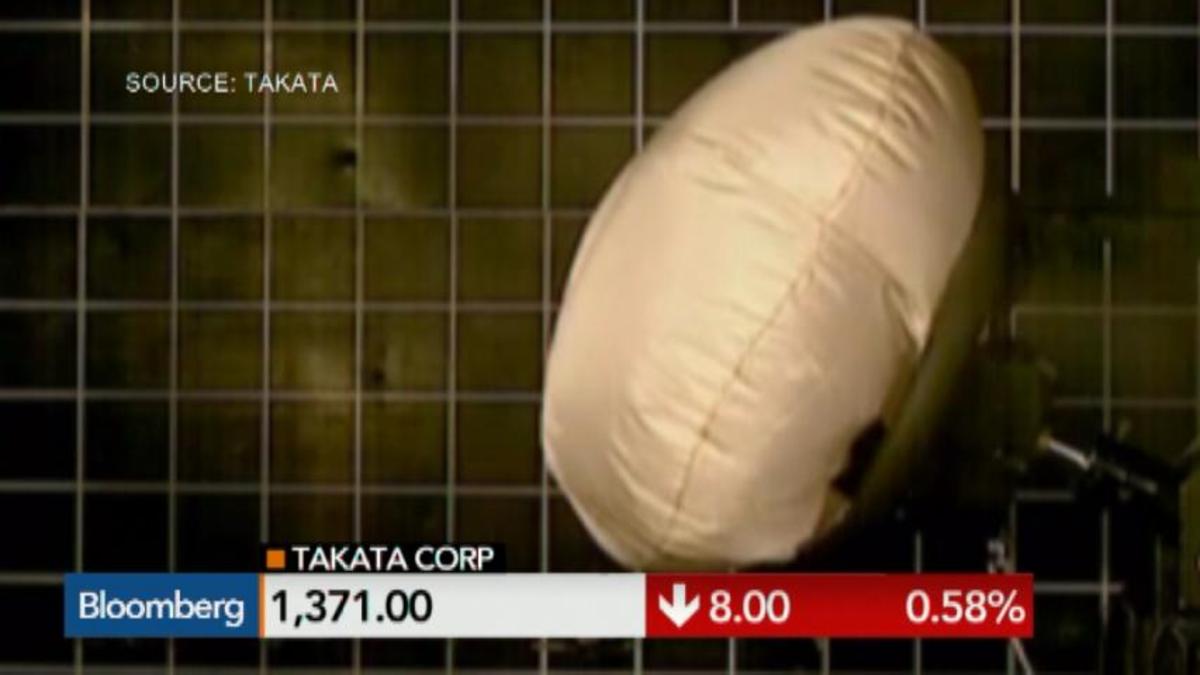Senators: Takata halted air bag safety audits before 2011

Air bag maker Takata stopped safety audits for two years prior to 2011 out of financial reasons, a staff report from Democrats on the Senate Commerce Committee finds as it prepares for a hearing Tuesday.
That same year, a supervisor at a Takata plant in Mexico and an engineer exchanged emails about improper welds on air bag inflators that could endanger car passengers. The email was among 13,000 documents obtained in preparation for the hearing on Takata and how the National Highway Traffic Safety Administration responded.
"We cannot be faced with findings / defects of this sort and NOT do ANYTHING," the supervisor wrote in the email, according to the report. "A part that is not welded = one life less, which shows we are not fulfilling the mission."
Air bag inflators that can explode, spewing passengers with metal and plastic shrapnel, have been blamed on seven deaths in the U.S. It has also led to one of the largest recalls ever, some 33.8 million inflators.
The senators who released the report ahead of the hearing say the documents indicate Takata was turning a blind eye to the mushrooming problem of defective air bag units.
"The more evidence we see, the more it paints a troubling picture of a manufacturer that lacked concern," said U.S. Sen. Bill Nelson, D-Fla., the top Democrat on the Commerce Committee, in a statement.
The report also alleges that NHTSA failed to act when early reports of defective air bags surfaced. The agency came in for criticism Monday in an audit from the Department of Transportation for not being able to find and analyze safety problems fast enough.
The finding that Takata stopped safety audits came in an April, 2011, email from a Takata senior vice president. The report quotes him as saying, "Global safety audits had stopped for financial reasons for last 2 years."
The report recommends boosting penalties for safety violations; adding more independent testing to find defects; creating stronger incentives for whistle blowers to report safety problems; improving recall completion rates; and providing loaner or rental vehicles to car owners affected by recalls to try to entice them to bring their cars in to be fixed.